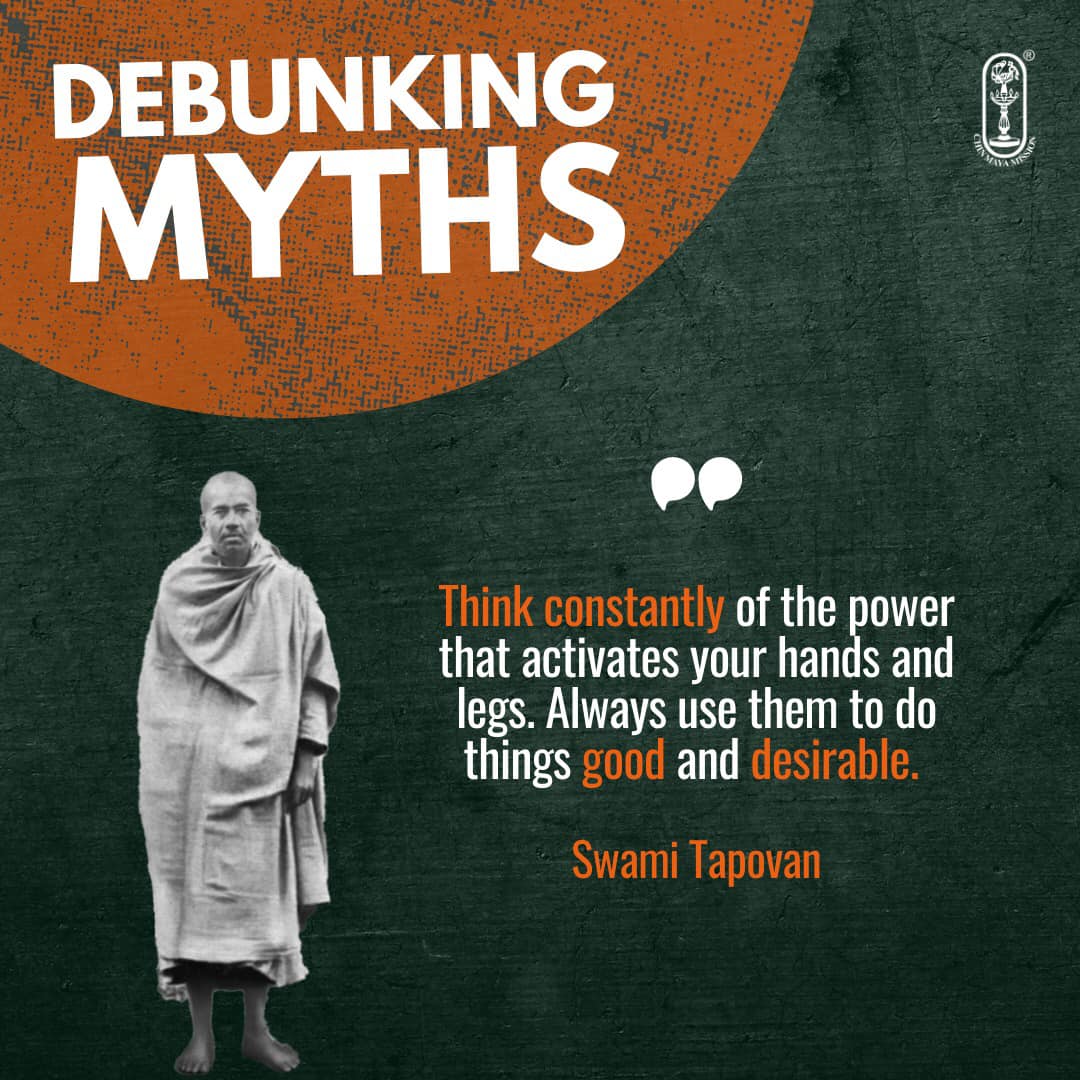Relevance of the Bhagavadgita to Humanity : 17.5 - Swami Krishnananda.
=================================================
==================================================
Saturday, January 15,2022. 8:00. PM.
Chapter 17: The Meaning and Purpose of Sacrifice : - 5.
(The First Six Chapters of the Bhagavadgita )
(Spoken on Bhagavadgita Jayanti).
==================================================
"Daivam evapare yajnam yoginah paryupasate, brahmagnav apare yajnam yajnenaivopajuvhati" :
When you worship a god, it is work that you do, and conversely you may say, your work is the worship of your god. All persons in the world cannot think identically. Though the aim of all life is a common goal, the ways or paths leading to this common goal may not be a single beaten track because of the variety in the inner constitution of the minds of people. So different types of yajnas, sacrifices, performances, right actions are now delineated in a few of the forthcoming slokams.
When you contemplate a god, a divinity, in the fashion of a religious devotee, you are working, and you are also meditating, and also you are performing a sacrifice. Or when you contemplate yourself as a Self of all people, you are doing a meditation and also performing a sacrifice. When you withdraw the sense organs from the objects outside in the process called abstraction, or technically pratyahara, you are doing a great sacrifice and also a worship at the same time. When you see one Divinity present in all things, the one substance, the water of the ocean being seen everywhere and all the parts of the ocean – wherever you cast your eyes, you see the same substance everywhere, thus beholding a uniformity of basic structure in all things – and when you move your sense organs in the direction of objects, then also you are performing a sacrifice and you are doing a yoga. You are actually performing a worship.
When you restrain your breath by the process of inhalation, and also restrain it during the time of exhalation, these are what are called kumbhakas in yogic language. Kumbhaka is the retention of the breath. It can be done after inhalation or exhalation, or without either. When you perform these deliberately, you are also performing a sacrifice. And when you give in charity to a deserving person in a proper manner, in a proper place and in circumstances which are conducive, you are doing a sacrifice. When you live an abstemious, austere life, taking from the world the minimum facilities and not indulging in sensory or mental satisfactions unnecessarily, as an austere tapasvin, you are performing a sacrifice. And when you concentrate your mind on one thing only and never allow the mind to think anything else, that is also a kind of sacrifice. When you study a holy scripture and betake yourself to that kind of holy exercise every day, that also is a sacrifice. When you behold no externality – no space, time and objects, and not yourself also – and melt yourself into the sea of the cosmos in an insight into the totality of things, you are performing a sacrifice. And when you live the frugal life of a simple person, not demanding any notification by people or even recognition or a word of thanks, wanting nothing from anybody, when you are satisfied with the circumstances in which you are placed, satisfied with anything that comes of its own accord without begging and asking, everything makes you content and you are the most satisfied person in the world under any given circumstance, you are doing a great sacrifice.
Now, inasmuch as these little things are also sacrifices, they are steps to God. They are graduated processes of melting down individual personality and egoism, and communing it with the substance of the whole cosmos. In any manner, you may perform your sacrifice. No one can be happy in this world unless one performs some sacrifice. Selfish people cannot be happy here. It is so because the world is not meant for selfish people. Again, it is so because the world is not selfish. You are a citizen of this universe. You are vitally connected with the entire operation of the universe. As the intention, the purpose and the motivation of cosmic activity is entirely unselfish, there is no place for selfishness in this world. A selfish person is a misfit here in this creation. He will be cast out by the winds of righteousness and justice. The righteousness of the kingdom of God will operate. You will be kicked out in one minute by this justice of the cosmos. So anyone who is not capable of being even a little unselfish is totally unfit to live in this world. This world is not meant for the person who is selfish. You cannot even live on this earth. You cannot be alive in this world by being selfish, what to speak of gaining entry into the heavens.
So the world, whether of this visible panorama before us or of the invisible realms, or any world whatsoever, is not for you. You become unfit everywhere, a nobody, a nothing and good for nothing, if your stand is selfishness. Why is it so? Because you know very well the world does not operate on the principle of selfishness. This is so because individuality is not the rule of law of cosmic operations. Hence, the Bhagavadgita rings this message into our ears that to the extent it is practicable under the circumstances of our knowledge and capacity, we have to perform sacrifice. We have to be unselfish. We have to give not only what we have, but also give ourselves away, which is the real sacrifice. We give ourselves away to such an extent that we no more exist as what we are. We exist as That which really is. This is the culmination of the sacrifice to which we will be led by the forthcoming messages of the Bhagavadgita.
End
Next - Chapter 18: Reconciling Knowledge and Action
To be continued ....












Comments
Post a Comment